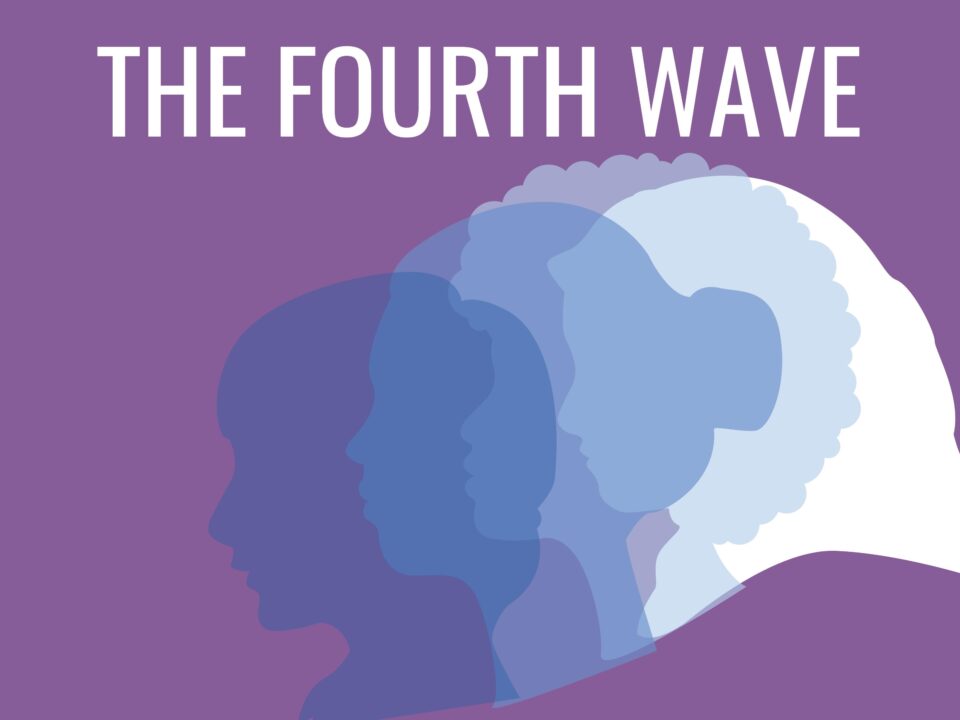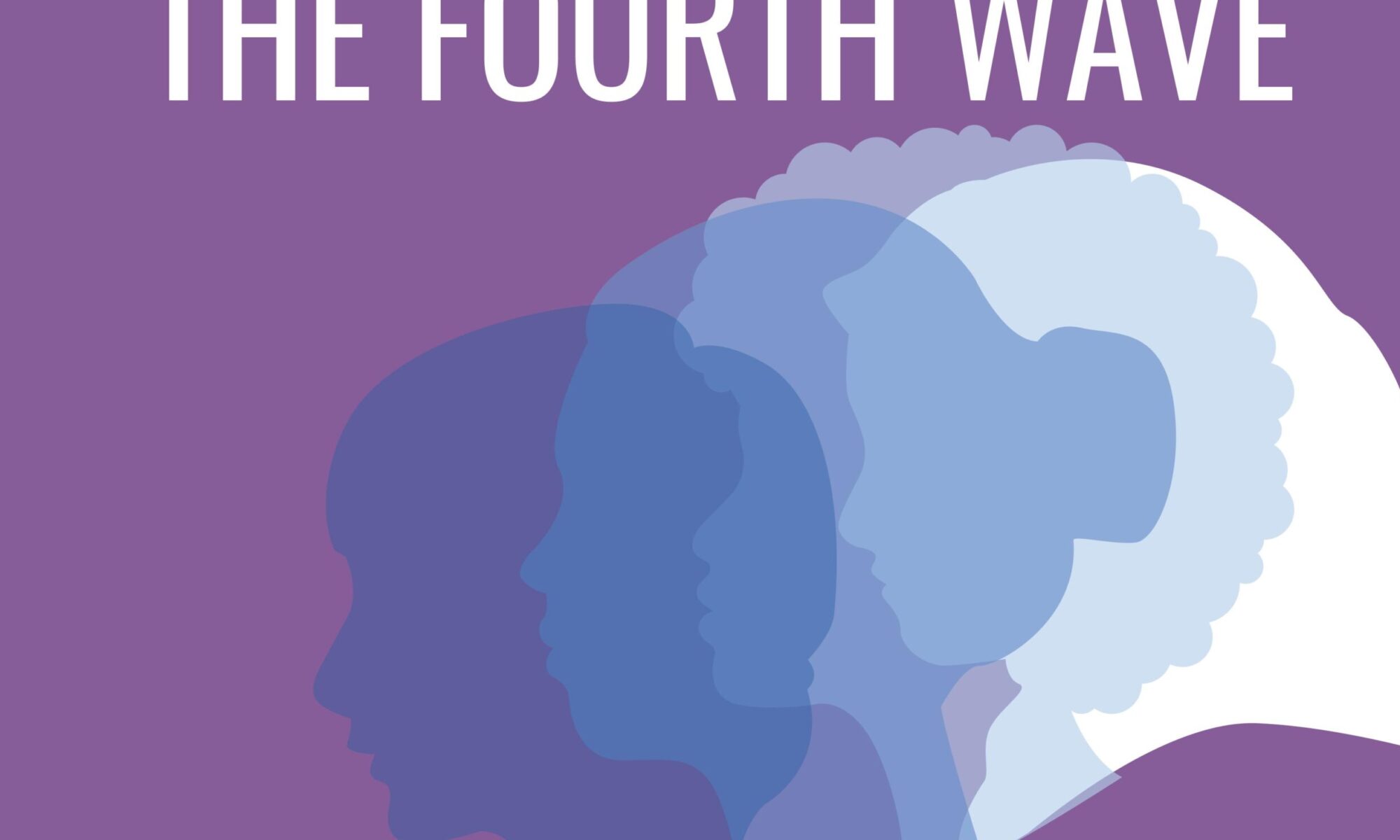
This editorial is part of a series called “The Fourth Wave” for Women’s History Month focused on women’s achievements on the St. Thomas campus and the intersectionality of modern feminism.
In a 2020 study by Pew Research Center, the majority of Americans said that the U.S. “has work to do” to achieve gender equality. Yet, 45% of Americans find contemporary feminism polarizing.
I think it’s fair to criticize the feminist movement for a lack of inclusivity. After all, it did begin as a push for suffrage by white women for white women. But as the movement grows in response to societal changes, the feminist movement has a lot to offer in the modern fight towards gender equality.
When thinking of feminism, it is common to focus on the achievements of first wave feminism, which started with the Seneca Falls Convention in 1848. This movement was mainly limited to pushing for the right to vote, and didn’t expand its view until the Great Depression, when women began entering the workplace in lower-paying careers.
During World War II, women were thrown into industries that were previously male-dominated and began to push for equal pay.
The cultural barriers of gender roles were then challenged as part of feminism’s second wave in the late 1960s. This was led by women like Betty Friedan, author of “The Feminine Mystique,” and Gloria Steinem, Ms. Magazine founder and a feminist.
The second wave included a substantial push for the Equal Rights Amendment and challenged ideas like birth control and sexual harassment.
Then came the third wave. Though it’s hard to pinpoint when one wave is transformed into another, many attribute the beginning of third wave feminism to Anita Hill’s 1991 testimony against then-Supreme Court nominee Clarence Thomas.
Hill testified that Thomas had sexually harassed her while she was his employee. Thomas was then confirmed as a Supreme Court Justice after a three-day hearing.
This led Black feminists and scholars Elsa Barkley Brown, Debra King and Barbra Ransby to take out a full page ad in The New York Times titled “African American Women in Defense of Ourselves.” It was signed by 1,600 Black women and inspired a new chapter of this movement centered around intersectionality, the idea that different social identities build on each other and often heighten each other.
The third wave focused on women in leadership and challenged the idea of heteronormativity (viewing sexuality as something centered around procreating, which reinforces gender roles) .
And here we are. The fourth wave. Sparked by the #MeToo movement, many scholars recognize the beginning of the 21st century as the start of a new wave in the feminist movement.
This is an opportunity to take the torch handed to us by the women (and men) who have kept this movement alive and keep moving toward a more equal society. There are a host of issues being tackled by contemporary feminism, and there is still a lot of work to be done.
So, to quote the late Supreme Court Justice Ruth Bader Ginsberg, “I consider myself a flaming feminist.”
Angeline Terry can be reached at Terr2351@stthomas.edu.



